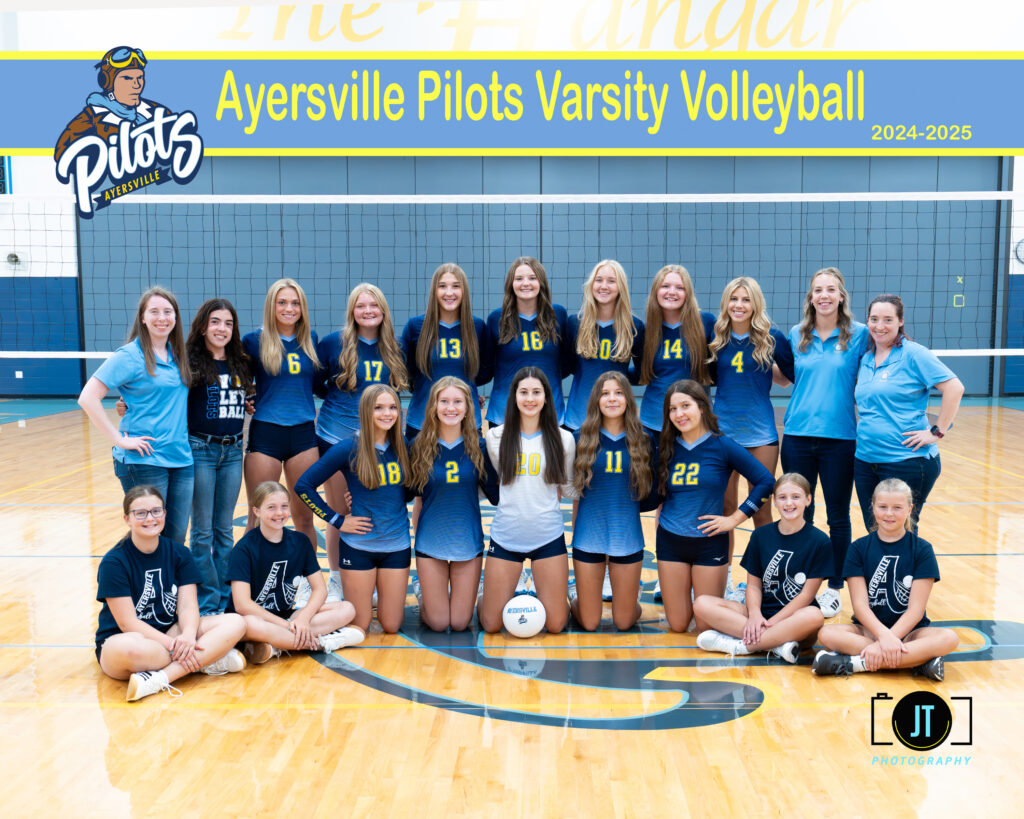Sports performance hinges not only on physical prowess but also on mental toughness – a critical yet often overlooked aspect of athletic training. Mental toughness empowers athletes to push beyond their limits, manage stress effectively, and maintain focus under pressure. Developing mental resilience can significantly enhance both individual and team-based athletic performance, setting you apart from the competition.
In this comprehensive guide, we will explore strategies and exercises to build mental toughness in athletes across all disciplines. Learn how to integrate mental training seamlessly into your daily routine and foster resilience, stress management, and mental agility. Additionally, discover how Scoreboard Fundraising can revolutionize your fundraising efforts, enabling you to concentrate on honing the mental skills that will propel your athletic performance to new heights.
Importance of Mental Toughness in Sports Performance
Mental toughness plays a vital role in sports performance, providing athletes with the resilience, focus, and determination required to excel under pressure. Athletes with strong mental fortitude can overcome challenges, cope with stress, and recover from setbacks more effectively. By incorporating mental toughness training into their routines, athletes can enhance their performance and progress in both individual and team sports.
Setting SMART Goals
One crucial strategy for developing mental toughness is setting SMART (Specific, Measurable, Achievable, Relevant, and Time-bound) goals. Goal-setting provides athletes with direction, motivation, and a sense of purpose. Encourage athletes to create short and long-term objectives, aligning these goals with their overarching aspirations. Regularly assessing and adjusting their goals will foster a growth mindset and continuous improvement mentality.
Visualization and Mental Imagery
Visualization involves mentally rehearsing specific sports scenarios, allowing athletes to develop mental and emotional preparedness for competition. This technique enables athletes to build confidence, sharpen focus, and reinforce positive skills and beliefs. Coaching staff should instruct athletes on how to establish a structured visualization routine, including both internal (first-person perspective) and external (third-person perspective) imagery exercises.
Breath Control and Mindfulness Techniques
Effective stress management and emotional regulation are essential components of mental toughness training. Breath control and mindfulness techniques can help athletes achieve a state of mental and physical relaxation, enhancing concentration and decision-making under pressure. Activities such as diaphragmatic breathing, progressive muscle relaxation, and meditation should be integrated into athletes’ daily routines.
Resilience and Overcoming Adversity
A characteristic of mentally tough athletes is their ability to bounce back from adversity swiftly. Cultivating resilience involves building a supportive environment that encourages athletes to embrace challenges, accept constructive criticism, and take risks. Coaches should demonstrate empathy and foster strong communication channels with their athletes, guiding them through setbacks and teaching resilience-building exercises.
Developing a Pre-Performance Ritual
Designing and consistently implementing pre-performance rituals can help athletes establish a sense of predictability and control, easing pre-competition anxiety and fostering concentration. Rituals can involve physical warm-ups, mental visualization exercises, or even personal superstitions. Encourage athletes to create personalized pre-performance routines and remain consistent in their execution during both training and competition.
Effective Communication and Team Building Activities
For team-oriented sports, fostering strong communication skills and camaraderie among team members is an essential ingredient for success. Team building activities can help athletes develop trust, mutual respect, and a greater understanding of each other’s strengths and weaknesses. Incorporating team-oriented exercises, such as trust falls, cooperative challenges, and group problem-solving activities, can support the development of mental toughness in a team context.
Cognitive Reframing Techniques
Cognitive reframing involves altering negative thought patterns and replacing them with more constructive, performance-enhancing beliefs. Athletes should be guided in identifying their most common detrimental thoughts and taught how to reframe these thoughts into positive and empowering messages. Techniques such as thought-stopping and positive self-talk can help athletes alter their mental narratives, enhancing emotional control and stress management.
Continuous Learning and Seeking Feedback
Mentally tough athletes embrace the concept of continuous learning, actively seeking feedback from coaches, peers, and their own self-assessments. Coaches should foster a culture of feedback where athletes regularly analyze their performance and identify areas for improvement. Emphasizing the value of constructive criticism and maintaining open communication channels within the team will empower athletes to grow both personally and athletically.
Practicing Mental Toughness in Training
To facilitate the development of mental toughness, coaches should expose athletes to challenging and high-pressure situations during training sessions. Incorporate simulated competition scenarios, such as time-constrained drills or setting performance targets, to help athletes develop mental resilience under stress. Ensure that these exercises remain appropriate to each athlete’s skill level, gradually increasing pressure and difficulty over time.
Building a Support Network
A strong support network is vital in helping athletes develop and maintain mental toughness. Encourage athletes to foster connections with mentors, coaches, and fellow teammates, reinforcing the value of these relationships in overcoming challenges and managing stress. Open and honest conversations about mental health and performance-related concerns should be encouraged, promoting a supportive and mentally tough sporting culture.
Unlock Your Athletes’ Mental Edge with Simplified Fundraising Solutions
The integration of mental toughness training into your athletes’ routines is crucial for unlocking their full potential and overcoming challenges in sports performance. By implementing effective strategies and exercises, you can cultivate resilience, focus, and determination in your athletes, setting them up for success both on and off the field.
To support your coaching endeavors and provide your athletes with the resources they need to excel, consider partnering with Scoreboard Fundraising. Their innovative fundraising app streamlines the fundraising process, allowing coaches to focus on developing athletes’ mental and physical skills. Simplify your fundraising while maximizing profits, giving your athletes the support they need to unlock their mental edge and take their performance to new heights. Embrace the power of mental toughness training and elevate your team’s capabilities today with the help of Scoreboard Fundraising!




